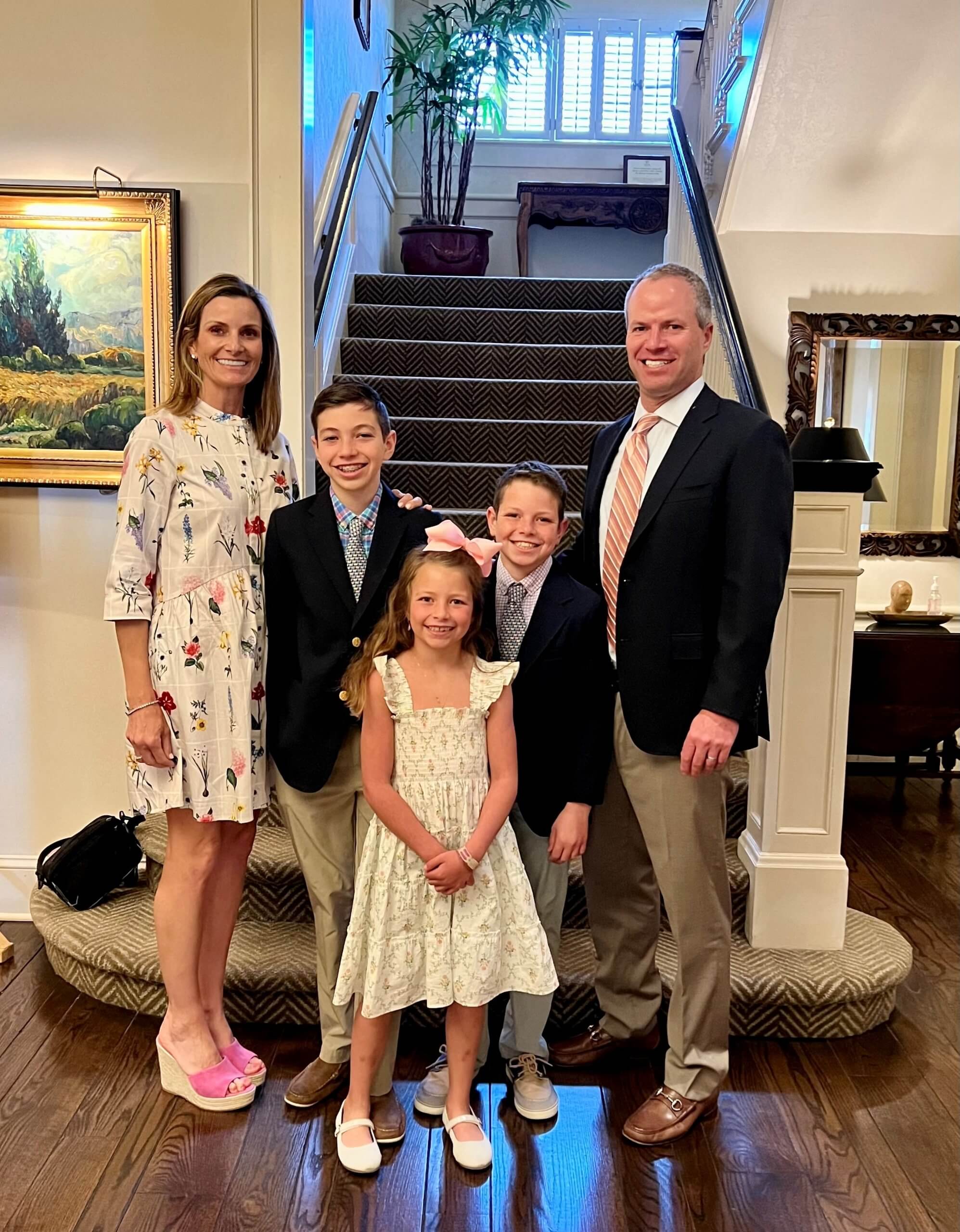Developing a thorough estate plan isn’t important only for Baby Boomers. Younger generations may prove to be more enthusiastic planners than their parents and grandparents, according to a 2022 estate planning study. This desire to plan early and involve family in their giving can help younger donors to build a philanthropic legacy that feels personally meaningful and values-informed.
The importance of collaborative giving was something that David Asarch learned from a young age. David’s mother, Elaine, served on the boards of JEWISHcolorado and the Civic Center Conservancy and on Rose Community Foundation’s Jewish Life Committee. Watching his family actively engage in the community inspired David to start his philanthropic journey earlier than many donors.
“I learned a lot from my mom and her philanthropic work,” said David. “She taught me that it’s important to give back with both your money and time.” Following in his mother’s footsteps, David served for ten years on the board of Jewish Family Service of Colorado (JFS) and currently serves on Rose Community Foundation’s Jewish Life Committee.
Outside of his ongoing involvement in the Jewish community, David’s career in real estate also inspired a personal interest in housing. “My company invests in affordable housing across the country,” said David. “As the Denver population has grown, there have been many positive changes culturally and economically, but growth has also posed major affordability challenges as it becomes more expensive to live here. As our region grows, philanthropy becomes even more important to help people in need.”
Donor-advised fund as a valuable tool
As they build careers, switch jobs, and start businesses, younger donors’ incomes may ebb and flow from year to year. This makes using a donor-advised fund for charitable giving particularly useful. Because contributions to a donor-advised fund are eligible for an immediate tax deduction – but are not required to be granted from the fund to nonprofits right away – individuals can contribute more into a donor-advised fund during a high-income year and then contribute less in lower-income years. Fundholders can recommend grants from their fund to nonprofits according to the timeframe that aligns with their philanthropic strategy.
For David and his wife Anna, their donor-advised fund at Rose Community Foundation has helped them to support causes that matter to them. An important funding priority for the couple is type 1 diabetes research, prompted by their son’s type 1 diabetes diagnosis. The family supports the Children’s Diabetes Foundation, an extension of the Barbara Davis Center for Diabetes dedicated solely to research on childhood diabetes and to the provision of the best possible clinical and educational programs. “It’s important for our philanthropic work to support people with diabetes, particularly those who can’t afford care,” said David.
Having a trusted advisor is key for younger generations who are investing in the community and creating their own legacy plans, and David credits Rose Community Foundation with helping his family develop a holistic philanthropic approach and be thoughtful about their long-term giving. “The support we’ve received from the staff at Rose has been invaluable and it’s been rewarding to learn how to ensure grants have the highest impact possible,” says David. “I appreciate Rose’s philosophy around ensuring that money is available in perpetuity to support the community.”
For individuals, families and companies interested in learning more about donor-advised funds, contact Rose Community Foundation’s philanthropic services team. The Foundation staff can facilitate mission, vision, and values conversations, help fundholders to develop giving strategies, and support families working across multiple generations with succession and legacy planning.

